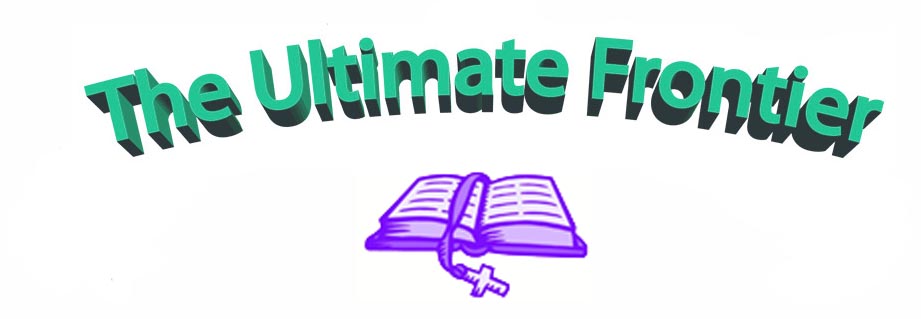|
|
||
|
|
What Is the Status of the Question:
Would you discuss the education of the children of Stelle? Answer:
Our private school has been in operation for four years, and we have
developed a format which has proven quite successful. We also have attempted
to apply some recent theories and observations made primarily in Our
system involves the parents, and particularly the mother since she is
expected to teach her child to read by the age of three. She also guides her
child in an orderly progression of manipulative skills so that the child is
able to write at four. We particularly like to have the mother do her
teaching in the school setting so that we can also teach her the most effective
methods to do this. There seems to be a much closer rapport between mother
and child than with a teacher in the early years. One
of the most difficult aspects of our system is to teach the teacher our
unique methods. She has a most important and a most difficult job, for she
does not have a class where each child is following her lesson plan. Instead,
she has an open group where any child, at any age can ask her a question
about any subject at any given moment and she must come up with the answer or
know where to look for it. She is not expected to know everything, and she
has adult helpers. Most important, she guides the children in the use of
reference materials so they can find answers themselves, and she helps plan
the child’s curriculum and then encourages him to follow it. We hope that by
the time a child is eight or nine, he will be accomplished in all that the
grammar schools now teach. They can then begin in-depth studies in
investigating the humanities and to study those personalities in history who
have helped civilization reach its present level. The children study what it
means to be a human being, to learn where we have come from and the level we
wish to advance to. We do not have what is known as a “free school”. Children
are assisted with making their own schedule from which they can deviate
should their interest be so caught up in a subject at hand that they wish to
pursue it rather than start the next scheduled activity. Because each child
is on his own schedule there is no class which he missed by continuing an
engrossing interest for one or more days in one subject. The lesson material
is resumed wherever he left off the subject. Classes are mixed in age and
sex, giving our school many of the advantages of the one-room schoolhouse.
|
|
|
|
|
|
